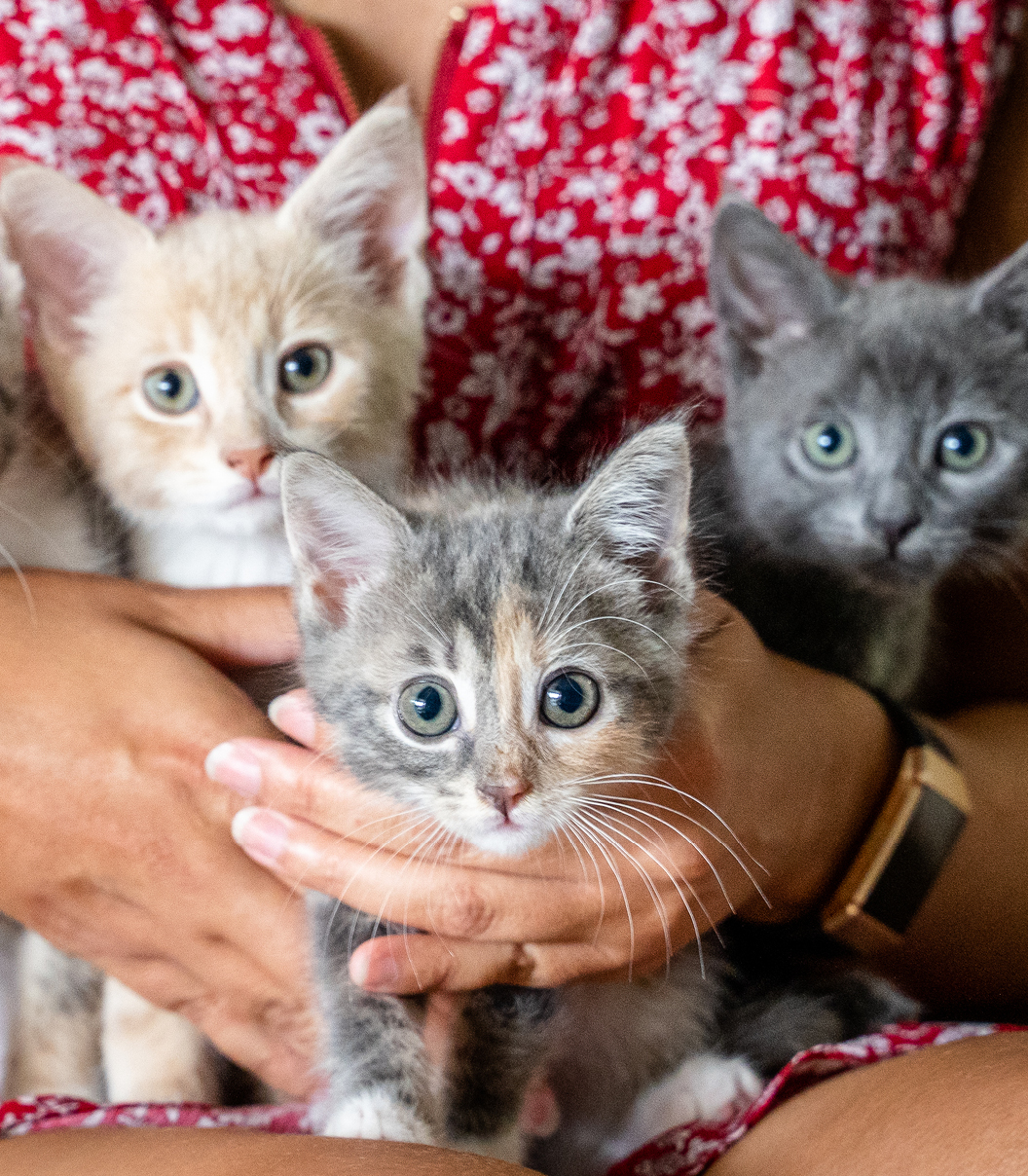20% OFF DESEXING
REGISTRATIONS ARE CLOSED
One simple operation can prevent tens of thousands of unwanted animals ending up at pounds and shelters every year.
From June 1 - August 31 you can receive discounted pet desexing thanks to participating councils and vets.

WHY DESEX
YOUR PET?
There are many great reasons to have your pet desexed. Below we list some of them and remember desexing your pet will make sure they do not add to the unwanted puppies and kittens currently sitting in shelters and pounds waiting for homes.
THE
BENEFITS
Reduces desire to roam
Allows your pet to be happier and healthier
No risk of unwanted litters
Cheaper council registration fees
Reduces risk of some cancers
Reduces aggressive behaviours in dogs
Reduces behaviours such as urine spraying in cats


FREQUENTLY
ASKED QUESTIONS
OUR SUPPORTERS







